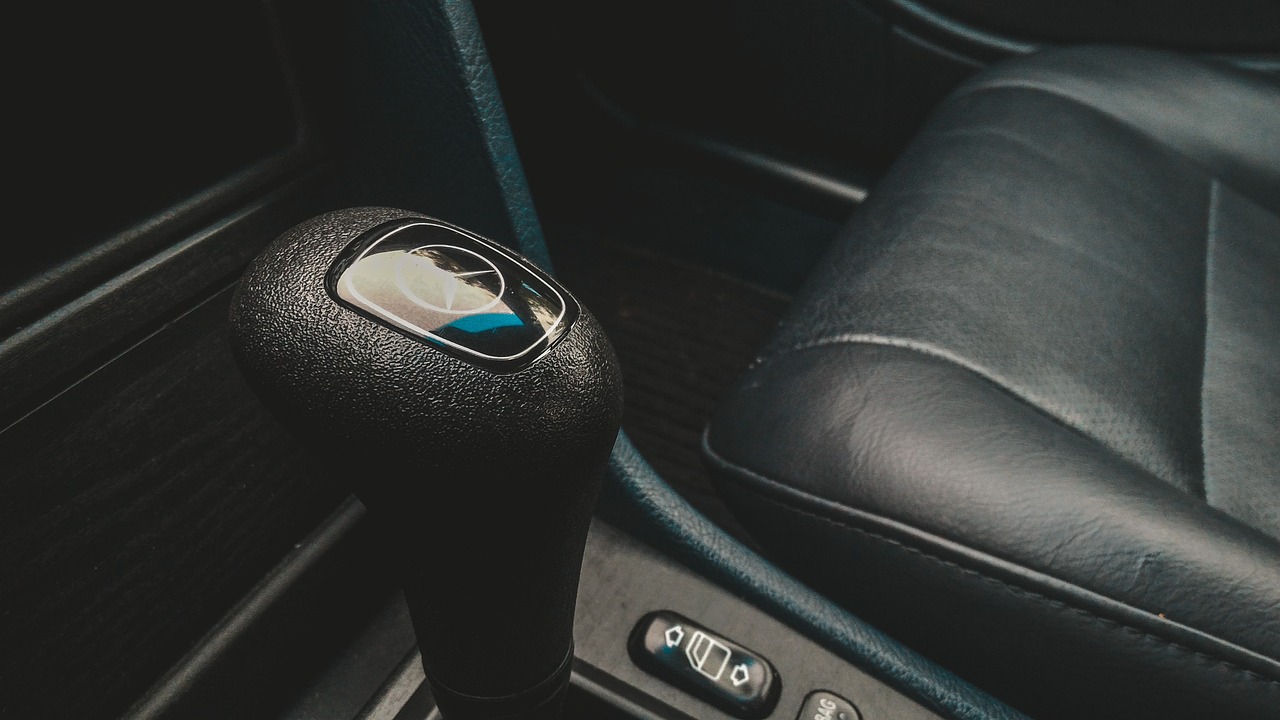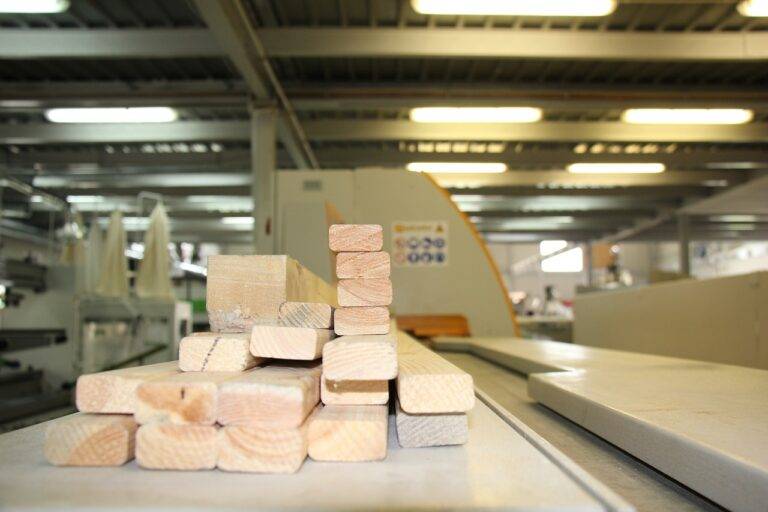The Future of Electric Aviation and Its Impact on Automotive Manufacturing: Betbhai9, Playexch in login, Lotus 365.vip
betbhai9, playexch in login, lotus 365.vip: As we look towards the future, one of the most exciting advancements in the field of transportation is the rise of electric aviation. With concerns over climate change and the need to reduce carbon emissions, the aviation industry is slowly shifting towards more sustainable practices. This transition not only impacts the way we travel but also has far-reaching implications for automotive manufacturing.
Electric aviation refers to the use of electric-powered aircraft, which can significantly decrease greenhouse gas emissions compared to traditional fossil fuel-powered planes. While the technology is still in its early stages, major players in the aviation industry are investing heavily in research and development to make electric aviation a viable and widespread option in the coming years.
The Impact of Electric Aviation on Automotive Manufacturing
1. Battery Technology Advancements
One of the key components of electric aviation is the advancement of battery technology. As aircraft rely on batteries to power their engines, the development of high-capacity, lightweight batteries is crucial for the success of electric planes. Automotive manufacturers are also heavily invested in improving battery technology for electric vehicles, which can benefit both industries through shared research and innovations.
2. Supply Chain Collaboration
The transition to electric aviation requires collaboration between aircraft manufacturers and automotive companies. Both industries can benefit from sharing knowledge, resources, and supply chains to develop new technologies and create a more sustainable future. This collaboration can lead to cost-saving opportunities and faster innovation cycles.
3. Infrastructure Development
The shift towards electric aviation will also impact infrastructure development, including the need for charging stations and maintenance facilities for electric aircraft. Automotive manufacturers can leverage their experience in building charging networks for electric vehicles to support the growth of electric aviation. This collaboration can help streamline the process of building infrastructure for electric aircraft and reduce costs for both industries.
4. Job Creation and Economic Growth
The transition to electric aviation will create new job opportunities in both the aviation and automotive industries. As the demand for electric planes and vehicles grows, there will be a need for skilled workers in manufacturing, engineering, and maintenance. This influx of new jobs can boost local economies and drive economic growth in regions where these industries are based.
5. Environmental Benefits
One of the most significant impacts of electric aviation on automotive manufacturing is the environmental benefits of reducing carbon emissions. Electric planes produce zero emissions during flight, leading to a significant decrease in greenhouse gases compared to traditional aircraft. This shift towards sustainability can also influence consumer preferences, leading to a higher demand for electric vehicles and other green technologies.
6. Regulatory Changes
As electric aviation becomes more widespread, regulatory changes will be necessary to ensure the safety and efficiency of electric aircraft. Automotive manufacturers can work with aviation authorities to develop new regulations and standards for electric planes, drawing on their experience with electric vehicles to inform policy decisions. This collaboration can help streamline the regulatory process and ensure a smooth transition to electric aviation.
In conclusion, the future of electric aviation holds immense potential for transforming the way we travel and reducing our impact on the environment. The impact of electric aviation on automotive manufacturing is significant, with opportunities for collaboration, innovation, and economic growth. By working together, these industries can pave the way for a more sustainable future and drive positive change for generations to come.
FAQs
Q: What are the challenges of electric aviation compared to traditional aircraft?
A: Some of the challenges of electric aviation include limited range, high battery costs, and long charging times. However, advancements in technology are addressing these challenges to make electric planes more efficient and practical for commercial use.
Q: Will electric aviation replace traditional aircraft in the future?
A: While electric aviation is still in its early stages, it has the potential to become a viable alternative to traditional aircraft in the future. As technology advances and infrastructure improves, electric planes may become more widespread and eventually replace fossil fuel-powered aircraft.
Q: How can consumers support the transition to electric aviation?
A: Consumers can support the transition to electric aviation by choosing to fly on airlines that prioritize sustainability and invest in electric aircraft. Additionally, purchasing electric vehicles and supporting companies that are committed to reducing carbon emissions can help drive the growth of electric aviation.







